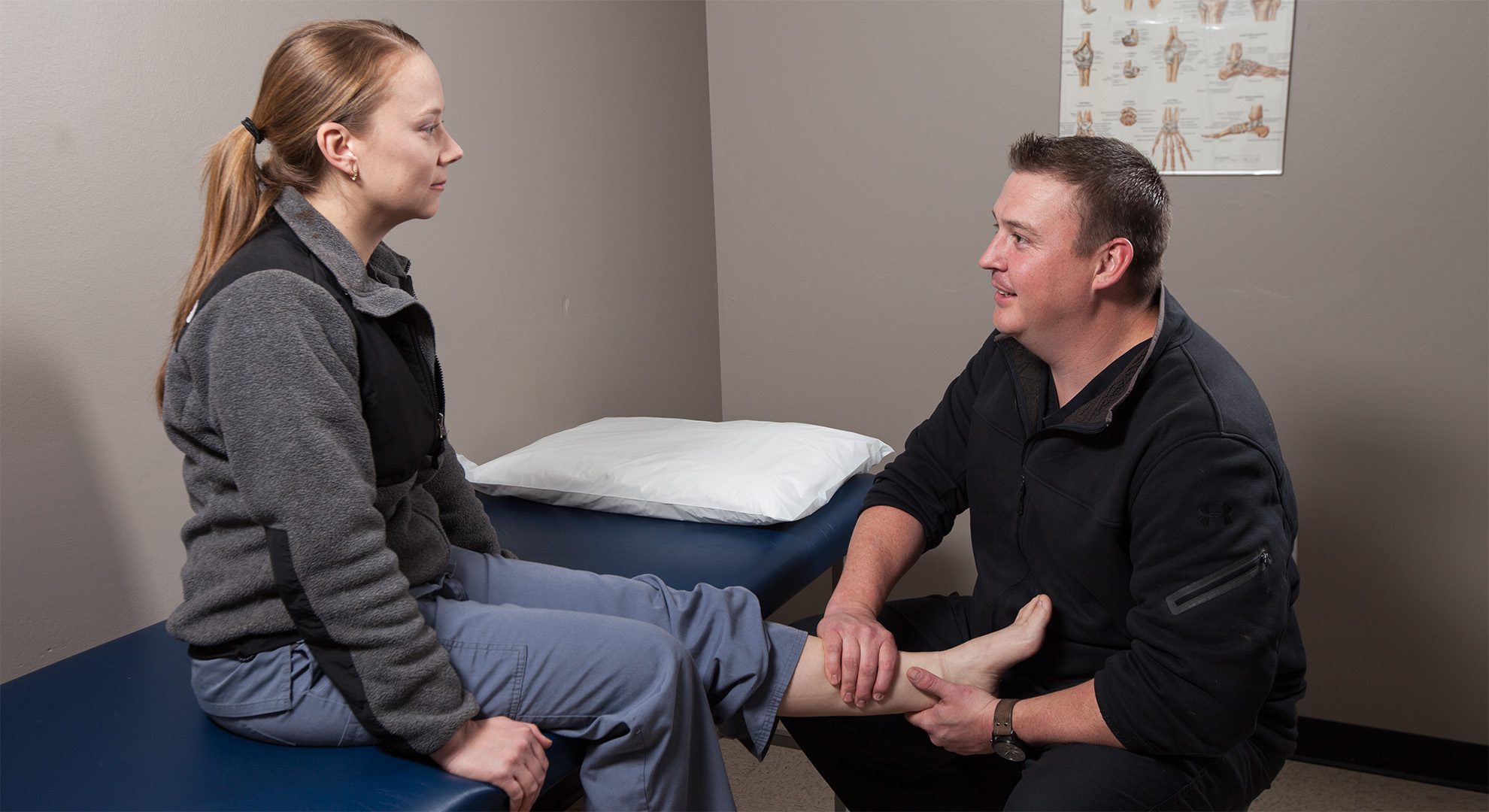Vitamin D plays a crucial role in keeping our bones healthy and strong. This essential nutrient, often called the “sunshine vitamin,” is indispensable for bone health. It enables our bodies to absorb calcium, the primary building block of bones. Without enough vitamin D, even a calcium-rich diet cannot be fully utilized. Let’s explore why vitamin D is so important and how it keeps our skeletal system robust.
Key Takeaways:
- Vitamin D is essential for calcium absorption and bone mineralization.
- It can be obtained through sunlight exposure, diet, and supplements.
- Deficiency can lead to serious bone conditions like osteoporosis and rickets.
- Recommended daily intake varies by age, with adults generally needing 600-800 IU.
- Regular testing and monitoring can help maintain optimal vitamin D levels.
Why Vitamin D Matters for Your Bones
Vitamin D is fundamental to your bone health. It enables your body to absorb calcium efficiently, ensuring your bones receive the nutrients they need. Even if you consume calcium-rich foods, without adequate vitamin D, much of it will go to waste. At OKC Orthopedics, we frequently encounter patients with fractures caused by weakened bones, often linked to low vitamin D levels.
How Vitamin D Strengthens Your Bones
Vitamin D contributes to bone health in several critical ways:
- Calcium Absorption: Vitamin D significantly increases calcium absorption in the gut—from as low as 10-15% without it to 30-40% with sufficient levels.
- Bone Mineralization: Once calcium is absorbed, vitamin D helps deposit it into your bones, strengthening and densifying them. This process, known as mineralization, is vital for preventing fractures.
- Bone Remodeling: Your bones constantly undergo a cycle of breaking down and rebuilding. Vitamin D ensures this process remains balanced.
- Phosphate Regulation: Vitamin D helps regulate phosphate levels, another mineral crucial for strong bones.
Think of vitamin D as the key that unlocks calcium’s potential to fortify your bones.
Where to Get Your Vitamin D
You can maintain healthy vitamin D levels through three primary sources:
- Sunlight
Your skin produces vitamin D when exposed to sunlight. Just 10-15 minutes of sun exposure on your arms and legs a few times a week can suffice. However, avoid prolonged exposure to reduce the risk of skin cancer. - Food
Certain foods naturally contain vitamin D, while others are fortified with it. Good dietary sources include:- Fatty fish like salmon, tuna, and mackerel
- Egg yolks
- Fortified milk, orange juice, and cereals
- Beef liver
- Cheese
- UV-exposed mushrooms
- Supplements
If sunlight and diet don’t provide enough vitamin D, supplements may be necessary. At OKC Orthopedics, we can guide you on the right dosage and type of supplement for your needs.
Recommended Daily Vitamin D Intake by Age Group
| Age Group | Recommended Daily Intake (IU) |
|---|---|
| Infants (0-12 months) | 400 |
| Children (1-13 years) | 600 |
| Teens (14-18 years) | 600 |
| Adults (19-70 years) | 600 |
| Adults (71+ years) | 800 |
| Pregnant/Breastfeeding Women | 600 |
The Risks of Not Getting Enough Vitamin D
Insufficient vitamin D can lead to serious health issues, including:
- Osteoporosis: Weak, brittle bones prone to fractures.
- Rickets: A condition in children that causes soft, weak bones.
- Osteomalacia: Soft bones in adults, leading to pain and fractures.
- Muscle Weakness: Increased risk of falls, especially in older adults.
Special Considerations for Vitamin D
Certain groups are at higher risk of deficiency and may require extra attention:
- Older Adults: Their skin is less efficient at producing vitamin D, and they may spend less time outdoors.
- People with Darker Skin: Higher melanin levels reduce the skin’s ability to produce vitamin D from sunlight.
- Individuals with Medical Conditions: Disorders like Crohn’s disease, celiac disease, or liver issues can impair vitamin D absorption.
Conclusion: Taking Care of Your Bones with Vitamin D
Vitamin D is indispensable for maintaining strong, healthy bones throughout life. By ensuring adequate intake through sunlight, diet, and supplements, you can reduce the risk of bone-related conditions. Everyone’s needs are unique, so consult your doctor to determine what’s right for you.
At OKC Orthopedics, we’re committed to helping you maintain optimal bone health. If you have questions about vitamin D, bone health, or need professional guidance, our team is here to support you. Don’t wait—your bones are essential for staying active and healthy!



